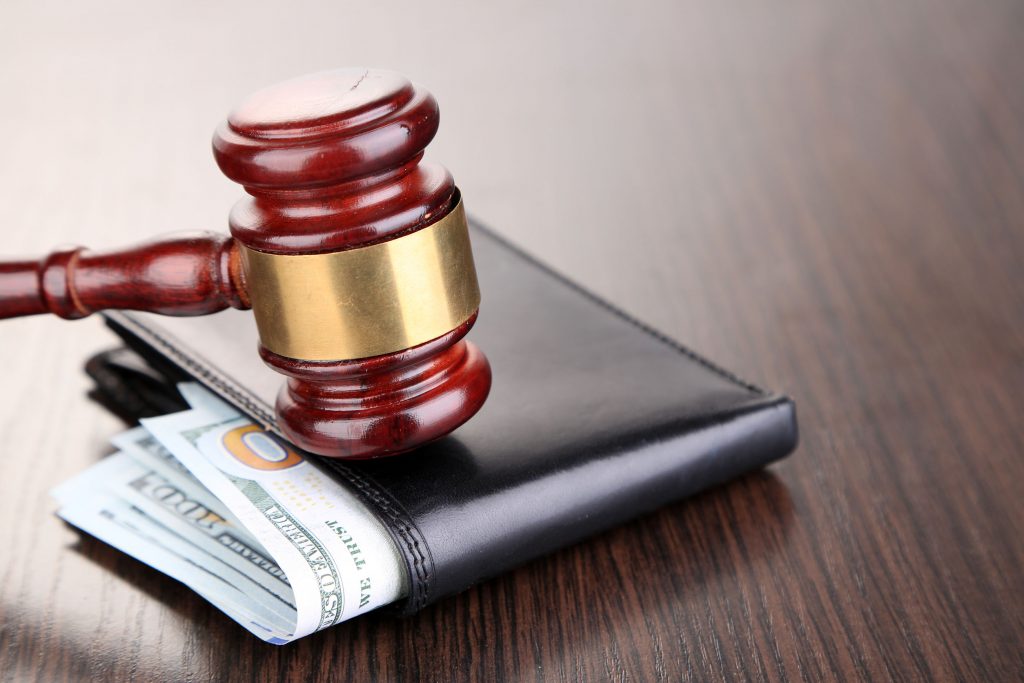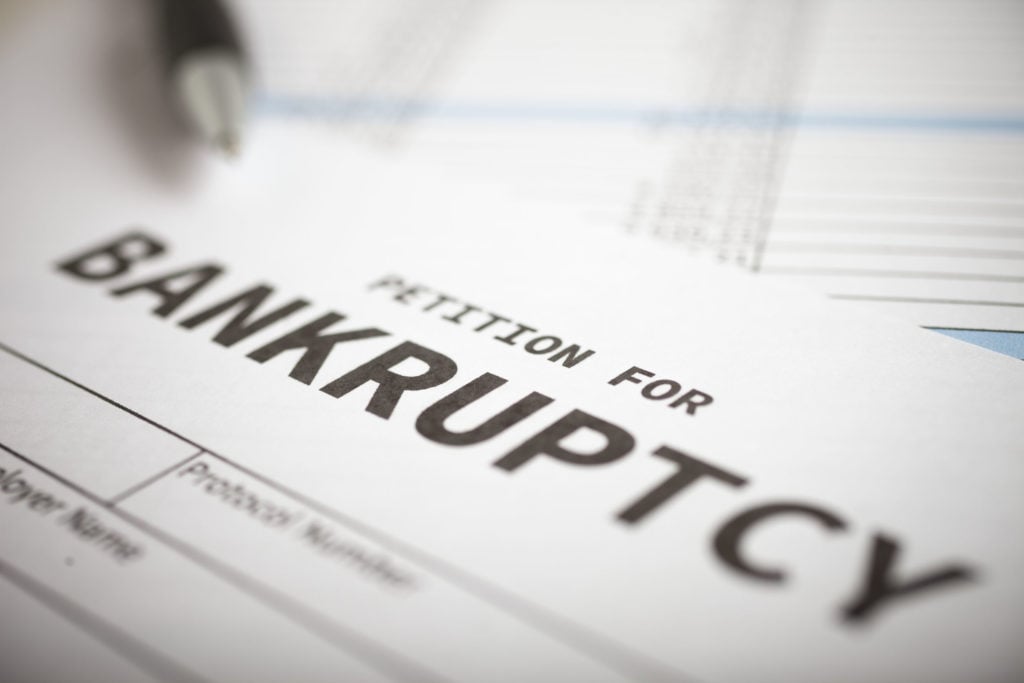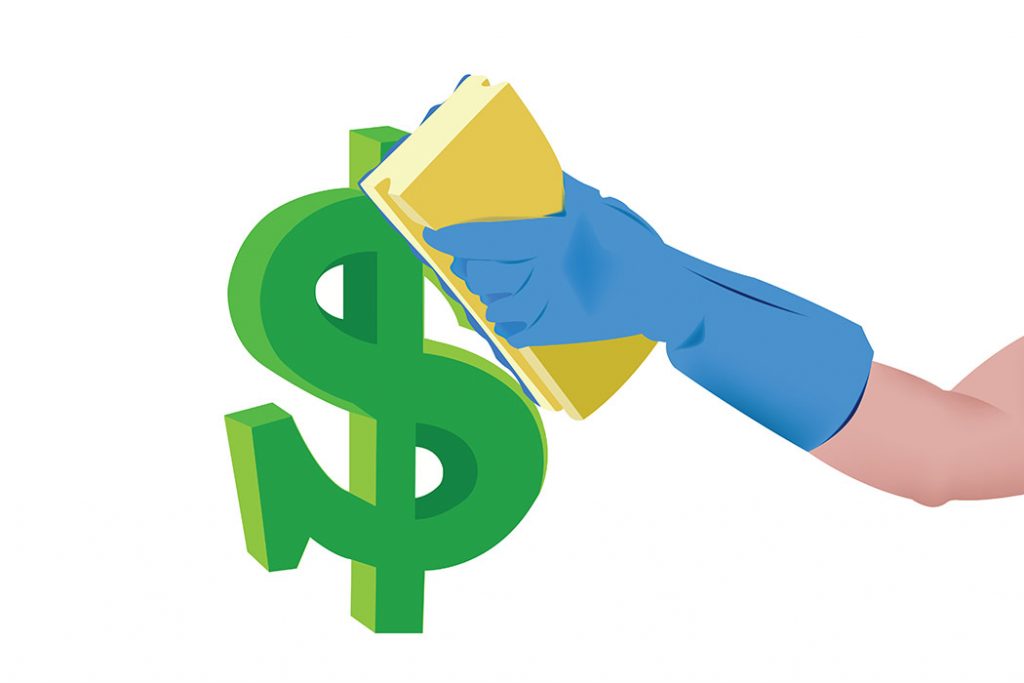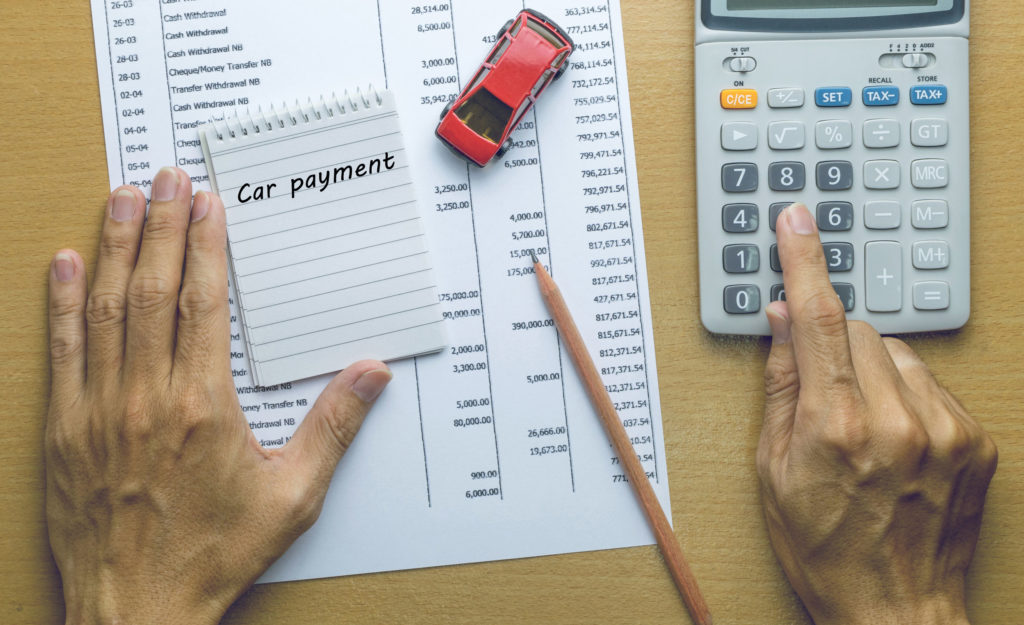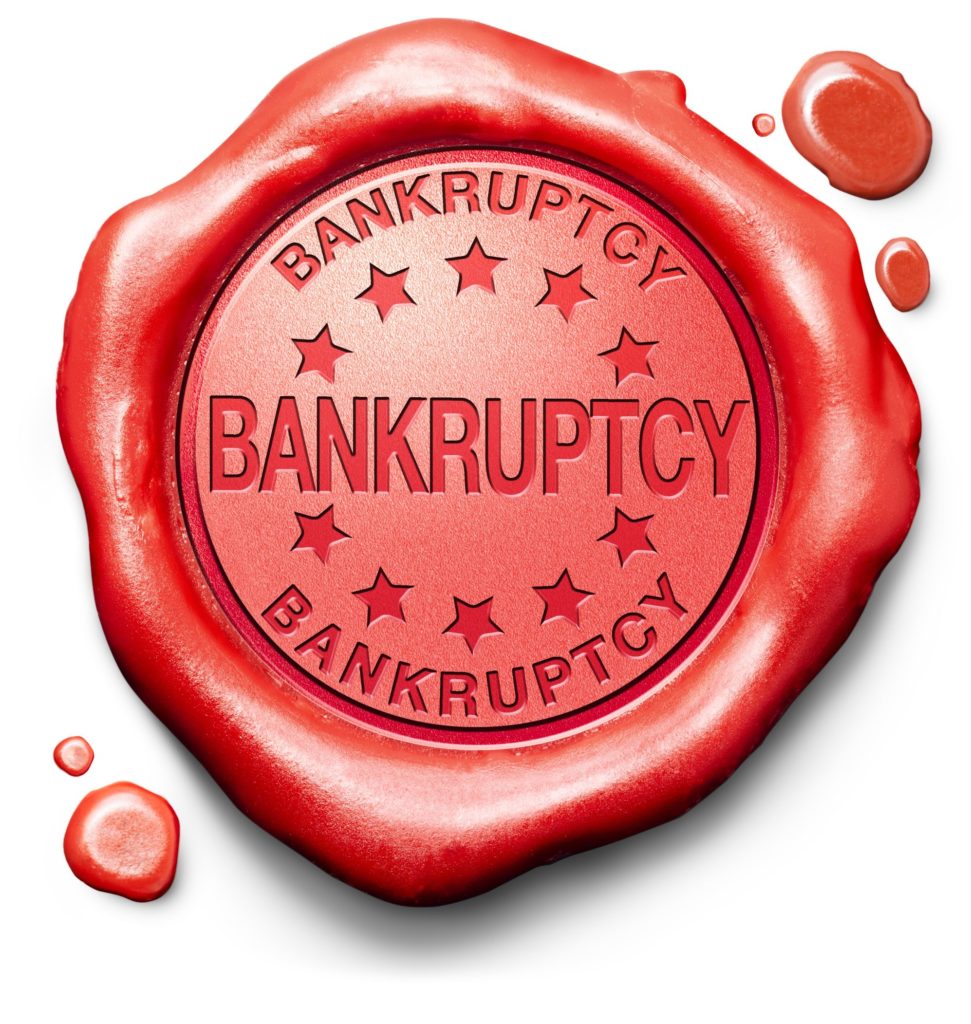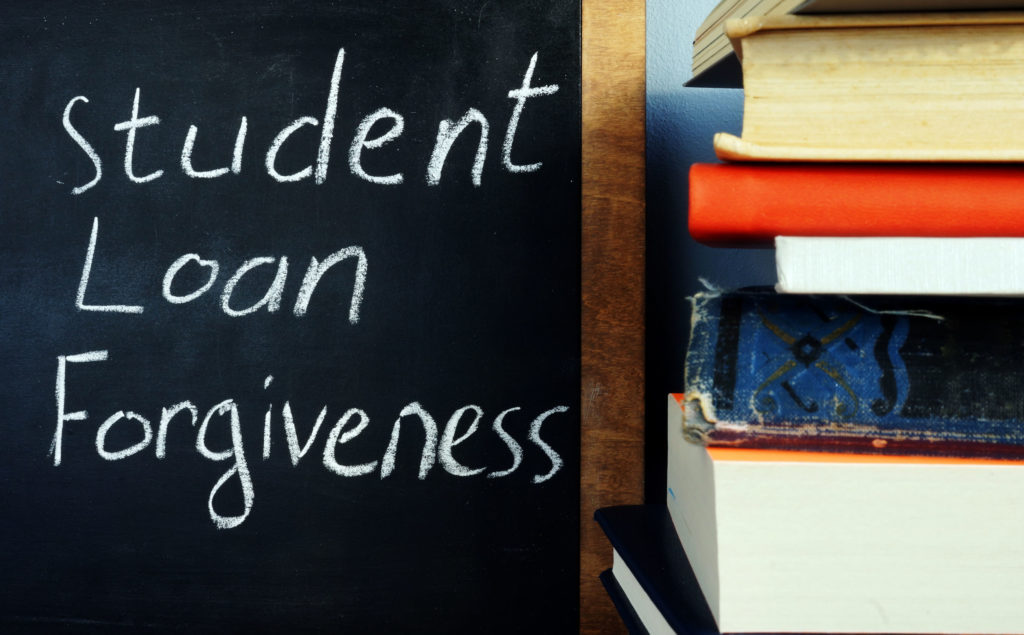Español
As of 2019, there was over $1.5 trillion in student loan debt in the United States. 1 in 3 adults between the ages of 25 and 34 are saddled with student loans and, overall, 1 in 6 Americans over the age of 18 have taken out loans to pay for school.
Although the number of people attending and graduating college is on the rise, many college grads are entering the workforce only to find they can’t keep up with their repayment plans.
Some may resort to paying for month-to-month necessities with credit cards, further compounding their problem with debt. Left unchecked, failure to pay off student loans can lead to poor credit, wage garnishment, and ineligibility for modified repayment plans or deferment.
If you are currently unable to make your monthly student loan payments and are seeking help with student loan debt, you may have considered filing for bankruptcy only to be told that student loans can’t be discharged. The bankruptcy specialists at Lerner and Rowe Law Group are here to set the record straight about student loans and bankruptcy to help you get your finances back on track.
What Is a Student Loan Discharge?
In bankruptcy, there is what is referred to as dischargeable debt. It refers to debt that can be forgiven or eliminated, meaning you are no longer responsible for making payments on these debts. If you file a Chapter 7 bankruptcy, often most of your debt can be discharged, giving you a fresh start.
However, not all kinds of bankruptcies result in a total discharge of debt. If you file a Chapter 13 bankruptcy, the focus is less on discharging debt and more on restructuring your debt into consolidated payments that you can afford to pay down over the next three to five years.
What kind of bankruptcy you should file for depends largely on the type of debt you have, the amount of debt you have, your assets, and your income. A bankruptcy lawyer can help you decide which is the right option for you.
Can You Discharge Student Loan Debt in a Bankruptcy?
From a legal standpoint, you can technically discharge student loan debt in a bankruptcy. However, many people consider student loan debt nondischargeable because of how difficult it can be to do so in a bankruptcy.
What Are the Requirements to Discharge Student Loans?
In order to discharge student loan debt in a bankruptcy, you must prove that an “undue hardship” is preventing you from paying off your loan, whether it is a federal or private student loan.
What Is “Undue Hardship”?
Part of the reason discharging student loan debt can be such a convoluted process is because the term “undue hardship” is so vague. Congress has never explicitly defined what qualifies as undue hardship under bankruptcy law. When you file your petition, the courts will have the final say in interpreting your eligibility.
As the student loan borrower, it is your responsibility to prove to the courts that you have faced a true undue hardship in order to have your student loans discharged in part or in total. Consulting with an Arizona bankruptcy lawyer can help you prove this claim and discharge or consolidate the most debt possible.
How Do You Prove Undue Hardship for Student Loans?
Although there is no hard and fast rule regarding eligibility to discharge your student loans, there is something called the Brunner test, which some courts may rely on to determine whether or not you’re truly experiencing an undue hardship.
What Is the Brunner Test?
The Brunner Test was devised in 1987 following the landmark court case Marie Brunner v. New York State Higher Education Services Corp. and consists of the following criteria:
- If required to pay back the full amount of your student loans, you would not be able to maintain a basic standard of living.
- Your undue hardship will last a significant length of time during your repayment period.
- You have made a genuine effort in the past to make payments on your student loan whenever possible.
Proving undue hardship in the Arizona bankruptcy courts is notoriously difficult, but that doesn’t mean that it can’t be done under certain circumstances. And even if you can’t discharge your student loans in bankruptcy, there may be other ways to help alleviate the financial burden of your student loans.
Student loan discharge is not part of standard bankruptcy proceedings. Proving undue hardship must be done in a separate adversary proceeding. In an adversary proceeding, the lender who issued your student loans has the opportunity to argue against your petition to discharge your student loan debt.
In order to prepare, you’ll need to document your good faith efforts to make repayments on your loan in addition to attempts to negotiate with your loan servicer to accommodate a more realistic payment schedule. The good news is that in filing for bankruptcy, you’ll likely have much of the required documentation prepared already.
The bad news is that, in many cases, a full discharge of student loan debt may only be granted in extreme circumstances, such as living with permanent disability, the diagnosis of a terminal illness, or death. Each case is different, and you should consult with a bankruptcy attorney to find out if you may qualify.
What Other Resources Help With Student Loan Debt?
If passed, the Student Borrower’s Bankruptcy Relief Act of 2019 introduced in Congress last year may make an exception to the undue hardship rule and allow debtors to discharge their student loan debt more easily. Whether the bill will pass or how long it will take to go into effect remains to be seen.
If your finances are otherwise in good order—that is, you have little debt outside of your student loan balance—there are many other ways to get help with student loan debt in the meantime without necessarily filing for bankruptcy.
Deferment or Forbearance
In contrast to undue hardship, which must occur over a long period of time, deferment plans can help with student loan debt when you’re going through temporary hardships like losing your job. During deferment, you do not have to make payments and will not usually be charged interest during this time.
In forbearance, you will not have to make payments for up to 12 months, but may still be charged interest in that time. Still, these options make sense when you know that your financial situation will improve in the future.
Forgiveness Programs
Teacher Loan Forgiveness and Public Service Loan Forgiveness programs can help with student loan debt in exchange for working as a teacher or in public service, such as for a nonprofit or for a federal or state organization. This is a long-term solution, as it usually requires at least 120 qualifying payments (or 10 years of service) before the remaining loan balance is forgiven.
Income-Driven Repayment Plans
For federal student loans, often an income-driven repayment plan is available to borrowers who are struggling to make their monthly payments. There are four types of income-driven repayment (IDR) which work best under different circumstances. If your income is low enough, you could potentially qualify for a low or nonexistent monthly payment. This gives you time to repay your loan once your income increases.
Who Should I Ask About Bankruptcy and Student Loans?
If you need help with student loan debt and are considering filing for bankruptcy, contact Lerner and Rowe Law Group. Our bankruptcy lawyers can offer sound legal advice on all matters relating to student loan debt, filing for bankruptcy, and building a solid foundation for your financial future. They can also guide you through the often-confusing process of filing with the Arizona courts.
If you have previously had student loan debt discharged due to your school closing or other legal settlement discharges, a new tax guidance issued by the IRS aims to reduce the amount of tax you pay on these discharged debts. Our legal team can help you find out what this and other new bankruptcy laws mean for you.
Our experience in and out of the Arizona bankruptcy courts makes our team uniquely qualified to help clients from all walks of life and all financial situations, whether this is your first time filing for bankruptcy or not.
Contact one of our offices located conveniently throughout Arizona. You can reach us by phone at 602-667-7777 in Phoenix, or at 520-620-6200 in Tucson. Representatives are standing by if you’d like to speak with us using our LiveChat service, or submit your case details online 24/7. Contact Lerner and Rowe Law Group today to see how we can help.
What Other Debts Can I Discharge in Bankruptcy?
If, on the other hand, you have other significant debts aside from your student loans, you can still benefit from bankruptcy even if your student loans cannot be ultimately discharged.
Dischargeable debt includes:
- Credit card bills
- Medical bills
- Personal loans
- Payday loans
- Title loans
- Past due rent and utility bills
- Wage garnishment
- Civil court judgments not for criminal restitution
- Vehicle repossession deficiency balances
- Mortgage loan debt
In either case, even if you are unable to discharge your student loans, you can still receive help with student loan debt while simultaneously filing bankruptcy for your other outstanding debts. For more information about which programs may be available to you, get in touch with an Arizona bankruptcy debt relief attorney.
The information on this blog is for general information purposes only. Nothing herein should be taken as legal advice for any individual case or situation. This information is not intended to create, and receipt or viewing does not constitute, an attorney-client relationship.









